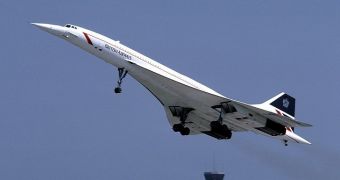Electronics still have to, mostly, be shut off during takeoff and landing of airplanes, but mid-flight it's all fair game, which is why there is incentive to bring Wi-Fi support to airplanes, and soon.
Some might call this concern redundant. After all, United States airlines have mostly integrated Wi-Fi in their airplanes by now. However, it's not the US that's under the magnifying glass here, but European countries.
You see, EU airlines, and the airplanes coming in and out of non-EU countries for that matter, do not, in fact, have Wi-Fi on them as a matter of course.
Thus, even if you do have a laptop or tablet, you can't do anything on the Internet with it, unless it's got 3G support. And considering that some are lobbying to have electronics shut off during the entire flight period, that's not an ideal solution.
Nevertheless, even though European regulators have shied away from Wi-Fi, their reluctance to implement it has begun to thaw. It will be a multi-step process though. After all, having Wi-Fi without some sort of connection to the satellite network orbiting the Earth would be useless.
Well, we suppose it would, in essence, allow passengers to connect to each other's devices, but few ever know each other, and the ones who do are usually seated in close proximity anyway. Obviously, airlines aren't going to bother installing Wi-Fi just to allow a pair of passengers to play a multiplayer game every other year.
So, the first order of business will be to create an air-to-ground network that will permit data traffic between airplane Wi-Fi networks and satellites, via 4G.
Inmarsat wants to create an EU-wide network to this effect, so it has begun to negotiate partnership deals with 4G providers to make the network we're talking about.
Emergency network services for public protection and disaster relief will be supported by the new satellite. Yes, a newly built satellite will become the central hub, so to speak, of the Wi-Fi / 4G air-to-ground network, and it will be called Europasat.
So, to sum up, airplanes will establish connections with various cell towers as they pass them by, while the Europasat satellite will keep the connection constant.
Everything should be ready by the end of 2017, which is pretty quick for such a big endeavor. And it might complete even sooner, because Inmarsat already has a global satellite-only network, and their flight Wi-Fi could be tied to that for an early release.

 14 DAY TRIAL //
14 DAY TRIAL //